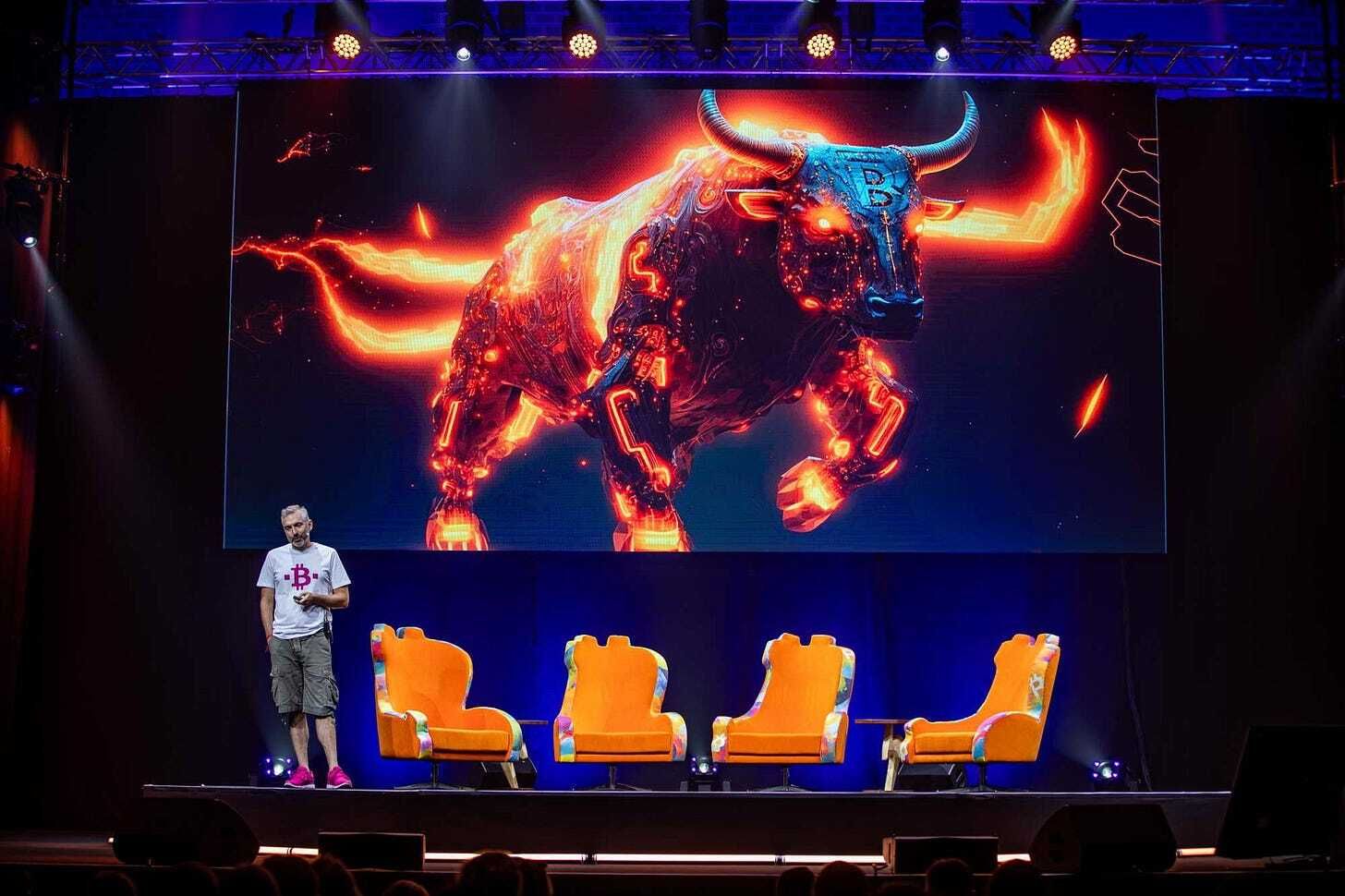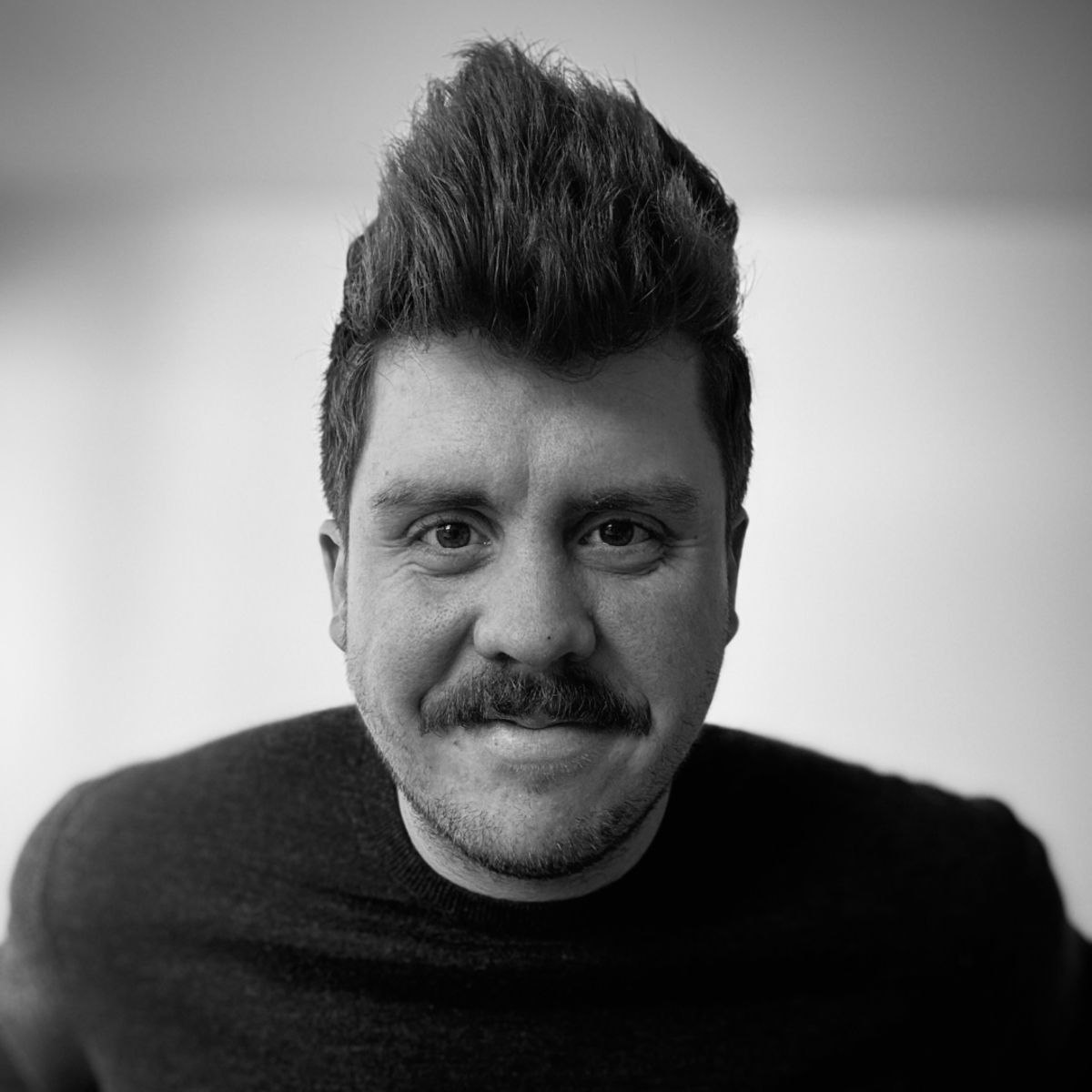
Most of my time in September and October is spent on airplanes, hotel rooms, or trains. Not because I like to be away from home, but because I’m visiting most of the Bitcoin conferences.
Many of these conferences are held in English. However, a few are also in the German-speaking area of Europe. If you were not aware, the German-speaking community is one of the biggest, if not the biggest, in Europe.
Because I grew up in Switzerland, I’m fluent in German and like to engage with these events to see what’s happening in the space. My entire Twitter, or X, feed is usually English-based, and whenever I engage in the Bitcoin community online, I also tend to do so in English.
I do follow a lot of German-speaking plebs, but I don’t engage as much as I do with English ones. I can’t tell you why that is the case. However, that changed after my recent trips to Austria and Switzerland.
Different Cultures Mean Different Ideas
As I said, I used to live in Switzerland and didn’t engage with the community there for a big part of my Bitcoin journey. Unfortunately, this was at a time when I didn’t go to many meet-ups or events in my area at all. The events were too far away, or I had to work late and couldn’t make it.
This changed when I moved to London and started visiting my regular London Bitcoin Space meet-up. I was also more active on Twitter in the days before I deleted my old account in a rage quit, but even then, I wasn’t engaging with the German community because there wasn’t one. The only people I knew were some folks in Zurich and Zug, whom I would occasionally meet.
Granted, this was at a time when I didn’t publicly share that I’m a Bitcoiner but rather a tech bro. Please don’t ask why, but I felt it made more sense because I didn’t want to enrage any of my clients. Looking back, I realize this was a mistake because I could have engaged more in the Bitcoin community.
If I had been more interested in the German community, I would have been able to engage with amazing builders and projects. Most of them were actively building between 2015 and 2019. These builders would eventually be thought leaders in the German-speaking space these days.
Now, why should I care? After all, we all talk Bitcoin, right?! In theory, you’re right, but there are subtle differences in these local communities. These can be the most mundane things, like saving mentality or how they engage with money. These differences are what interested me this time around.
Although most of the Bitcoin community is very much America-focused, if you take a closer look at it, the European community is much stronger. And I’m not talking about the German-speaking community but every Bitcoin community in Europe.
Over here in Europe, we’re used to hearing different perspectives on problems and coming up with other solutions. Even though things are heated right now, there is always more than the traditional two-party system in the U.S.
Much of that thinking has found its way into the Bitcoin community online. Many people are either entirely for something or totally against it. We also have some people over here in Europe who like to think this way. However, everyone seeing this is calling it out across the board.
And now comes the kicker, sometimes, the people who call others out for it are not even in favor of the statement but still dare to stand up and call out the Bullshit. We do a weird European thing. We might not agree with something, but we call people out if someone abuses it to their advantage.
Having lived in the German-speaking area for most of my life, this is our thing. Each country might go a bit different about this. Germans are straight to the point. Austrians tend to get you involved and tell you very lovingly that this isn’t right. Swiss people make you aware of the other standpoint and encourage you to think about it again. Every country has its way of getting it done. But we all call it out!
Engaging in the Discussions in Real Life
It’s not like I have suddenly realized that different cultures are good for Bitcoin; I sat down and wrote this article. I’ve known about this for some time or had my suspicion, mainly because I grew up and lived in many different European communities.
But it became even more evident at the BTC23 conference in Innsbruck last month. This is the biggest German-speaking conference in Europe, and you could feel a buzz in the air I haven’t yet seen with other events. Participants were eager to build, help out, and talk to as many people as possible.
Some people from the TradFi world and commercial establishments didn’t have direct exposure to Bitcoin but were still interested enough to learn about it. Americans might be better with the traditional asset management part of Bitcoin, mainly how to use it to your advantage in a business or how to bring Bitcoin to Wall Street.
German Bitcoiners and the mentioned companies are more interested in using Bitcoin to bring it to more people or how to integrate the technology into existing business processes. Granted, this is a very German thing to do, as we mainly focus on engineering and how to improve things.
This is only something you find out if you connect with fellow Bitcoiners in real life. Sure, a few accounts online are actively building and shipping products. But there are so many more solutions and people out there. All of them want to contribute to Bitcoin in their fashion.
Funnily enough, all of them also told me they were fed up with the American narrative and wanted to bring more to the table. We might only agree on some things, which is a good thing. This is how we grow, but we’re sure to put our heads down and find new ways of getting Bitcoin out there.
With that in mind, I don’t hope I offended any U.S. readers here. But I wanted to inform you that there is more to the Bitcoin story than what you might read over there and how amazing the European community is!
So many of us want to contribute to Bitcoin with the values and ideas we grew up with. If you’re European and still shy about being more vocal, don’t worry. Get up, attend a Bitcoin event nearby, and see how unique these different cultures and countries are.
I’ll do the same later this autumn and fly to El Salvador to discover the Central American communities and see what they bring to the table.
